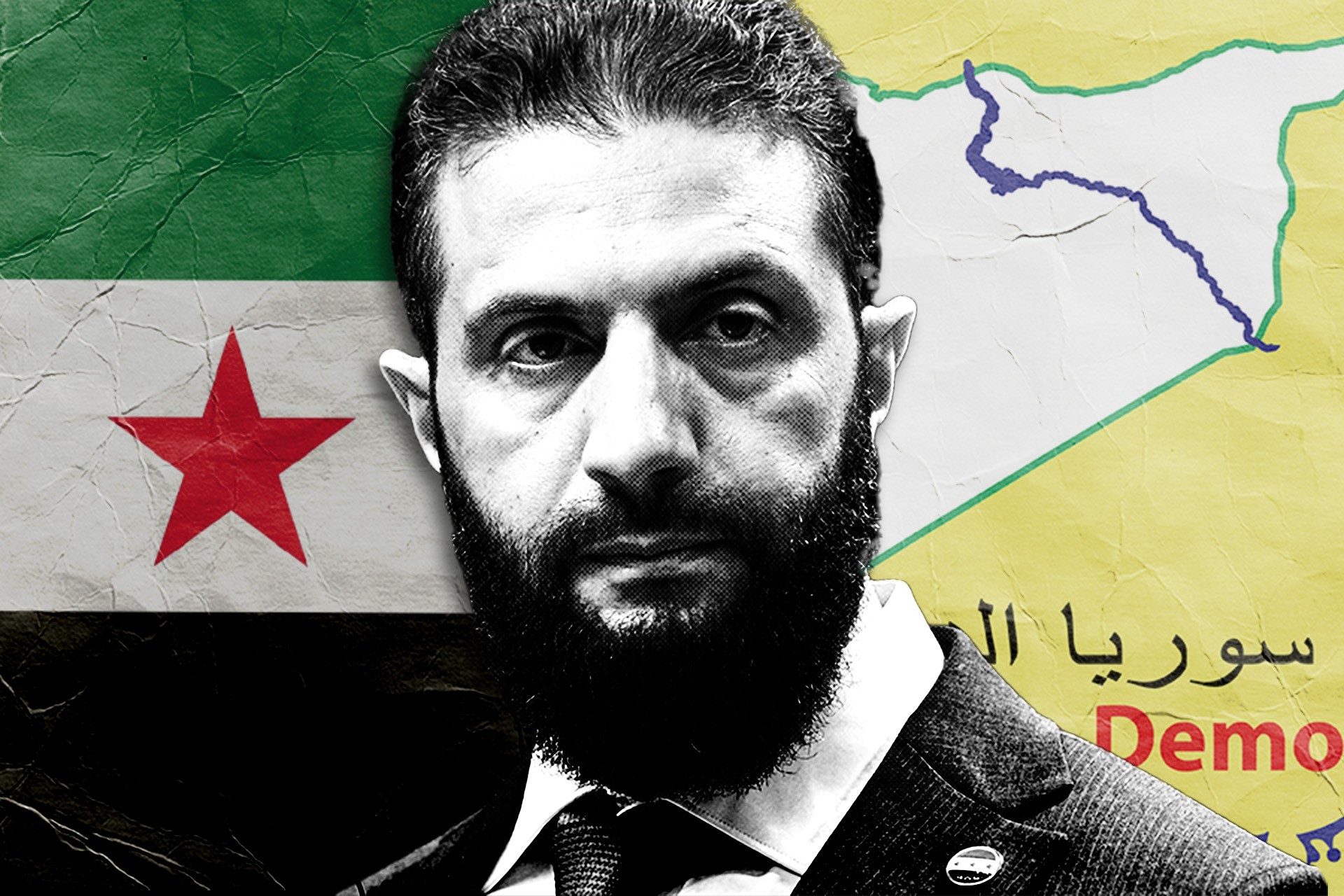The British government, along with their French and Italian
counterparts, is stepping up its aggressive action in Libya by sending
military advisers to help secure its interests. Slowly, but surely, they
are being dragged into sending ground troops under the guise of “all
necessary means”.
The British government, along with their French and Italian counterparts, is stepping up its aggressive action in Libya by sending military advisers to help secure its interests. Slowly, but surely, they are being dragged into sending ground troops under the guise of “all necessary means”.
Cameron and his allies have used the pretext of helping the people of Benghazi and “humanitarian aid” to cover their imperialist ambitions. It was only a few months ago that Cameron was touring the Gulf States, with a party of arms manufacturers keen to supply these dictatorships with weapons – so much for ‘humanitarianism.’
The Arab revolution took the West by surprise but they soon started looking for the means to derail the revolution. Initially, during the early days of the revolution in Libya, the imperialists stood by hoping that Gaddafi would crush the rebels. However, as US-backed elements took control of the council in Benghazi and snuffed out the revolution, the imperialists used these points of support to move against Gaddafi with the aim of establishing a puppet government more friendly and pliant to imperialism.
In the meantime, the British and French are intensifying their air strikes against Gaddafi. They hope to topple the regime in Tripoli, despite the wording of the UN resolution, but air power alone will not achieve this aim. They are helping the rebels, but this has proved less effective than they hoped.
The dispatch of military advisers is a further step towards the deployment of ground troops, despite their denials. The American war in Vietnam also began with military advisers. In fact the Italians have already not ruled out the use of ground troops.
The limits of air power have forced them to employ “advisers” on the ground. They know it would take months of bombing to defeat Gaddafi. A further consideration is the deployment of a “humanitarian” ground force to create a “safe haven” around Misurata.
But once in, it is far more difficult to get out, as the experience of Afghanistan and Iraq illustrate. That is why the Americans have left Libya to the French and British. Bogged down elsewhere, they did not want to get involved in a third war in another Muslim country.
Reality
That is precisely why the Americans do not want to get drawn in. There is also widespread scepticism at home. A recent CNN poll showed that while 82% wanted the US to play a supporting role, only 14% said it should take the lead role. “No matter what the polls say back home,” urges the right-wing Economist magazine, “the American president is in this now.”
In reality, the British army is already overstretched. Thanks to big cuts in defence spending by the Coalition, redundancy notices are being issued to serving soldiers and army personnel. Morale in the forces must be at rock bottom. This is hardly the basis for launching a military adventure.
The British, French and Italians are still talking of regime change but the obstacles facing them are enormous without ground troops. “It is hard to see how regime change can be achieved, and its consequences managed, without committing ground forces,” stated Max Hastings, “This would be a huge step, threatening an open-ended entanglement, though Libya’s population is only a fraction of Iraq’s or Afghanistan’s. It would split the Nato alliance, many of whose members are unwilling even to join the bombing campaign. It would engage Britain, France and the US in a deployment to arbitrate the future of Libya, while Iraq and Afghanistan remain unfinished business.”
They are caught in a huge dilemma. They are providing enough military support to prevent the rebels’ defeat, but not enough to achieve their objectives. There is the danger of a stalemate.
The longer this drags on, the more difficult it will become for them.
British workers and youth must understand that foreign policy is simply the continuation of home policy.
In other words, the foreign policy of the Coalition under Cameron and Clegg is simply a continuation of their capitalist policy against the working class. It is an imperialist policy carried out in the interests of British capitalism. It has nothing to do with “humanitarian” aid or the plight of ordinary Libyans, who are considered simply as small change by the imperialist powers.
Hypocrisy
If they were so concerned about “humanitarian” aid, why have they not raised the issue of a no-fly zone over Bahrain or Yemen to protect the protesters from government repression and murder? This double-standard reveals the hypocrisy of the imperialists and their crocodile tears.
The Labour movement in Britain must demand the end to British aggression in Libya. The imperialists are only interested in spheres of influence, oil and pliant governments.
We must express our solidarity with the genuine revolutionary forces in Libya and in the Arab world, with those fighting against the autocratic regimes, for democratic rights, and the liberation of the region, which in the final analysis can only be achieved through the socialist revolution.






